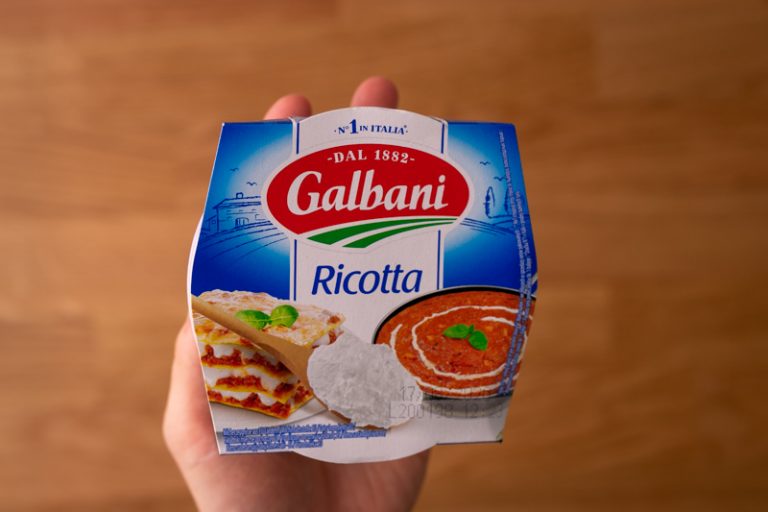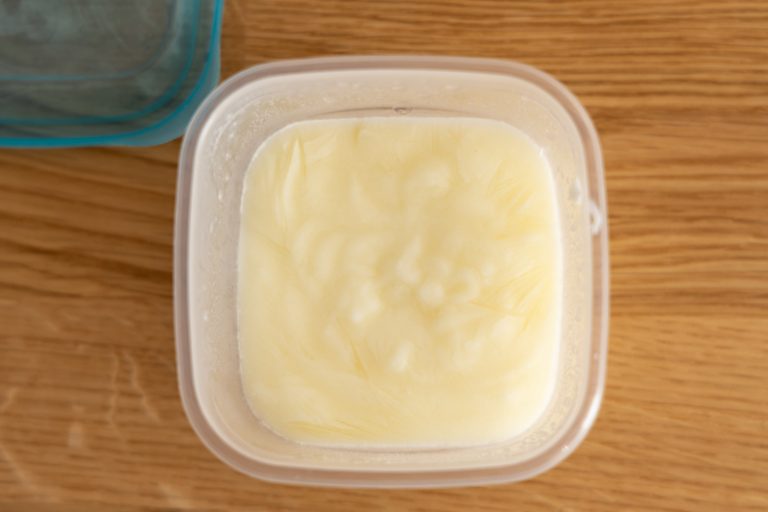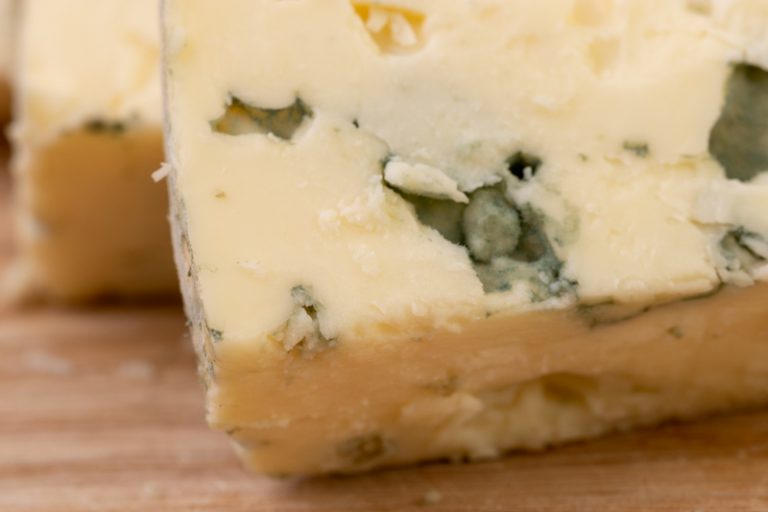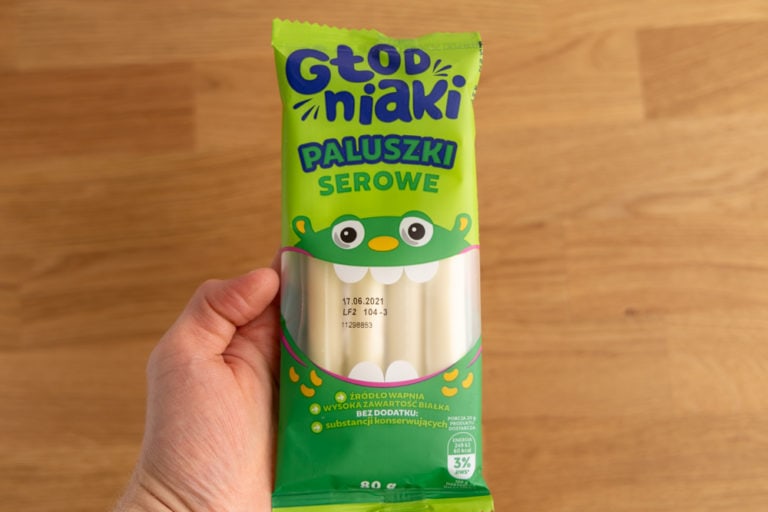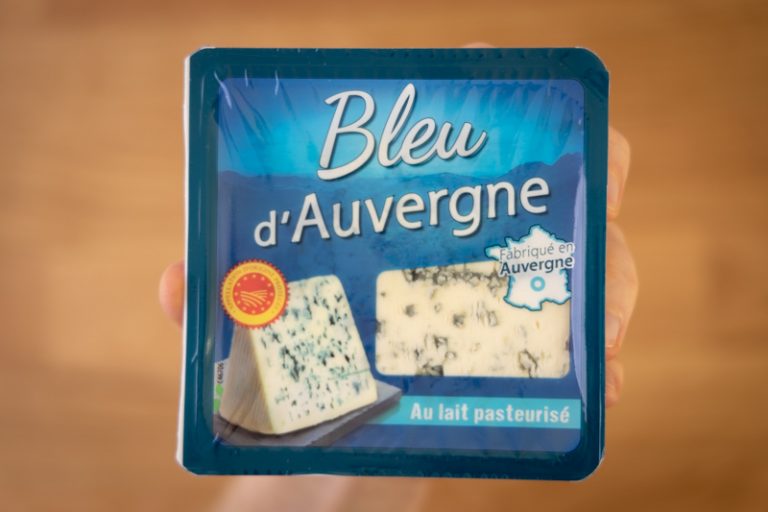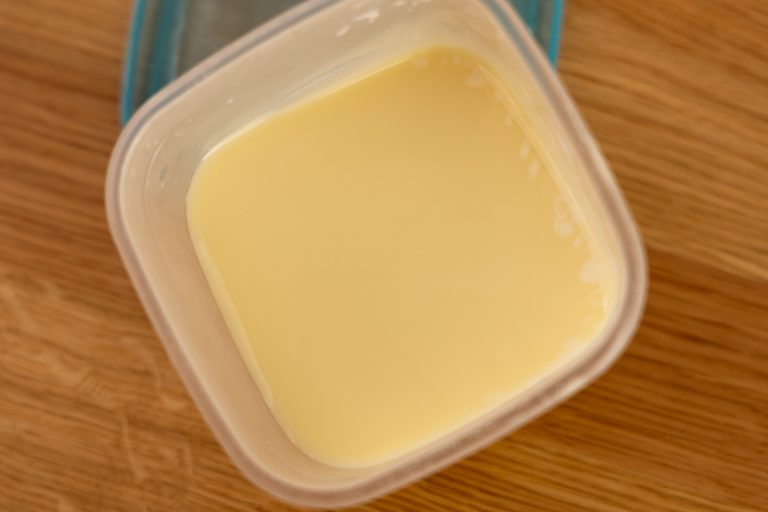How Long Does Brie Cheese Last? [Shelf Life & Spoilage]
Got a half-open brie wedge that’s been in the fridge for more than a few days? If so, you’re probably wondering: does brie cheese go bad?
Or maybe you’ve just opened a package, and you want to know how long brie lasts after opening.
Brie doesn’t last all that long, and it’s not always clear if it’s still okay to eat.
Fortunately, it’s not that difficult to tell if yours is okay or not if you know what to look for.
In this article, you will learn everything you need to know about the shelf life and expiration of brie cheese. Read on.
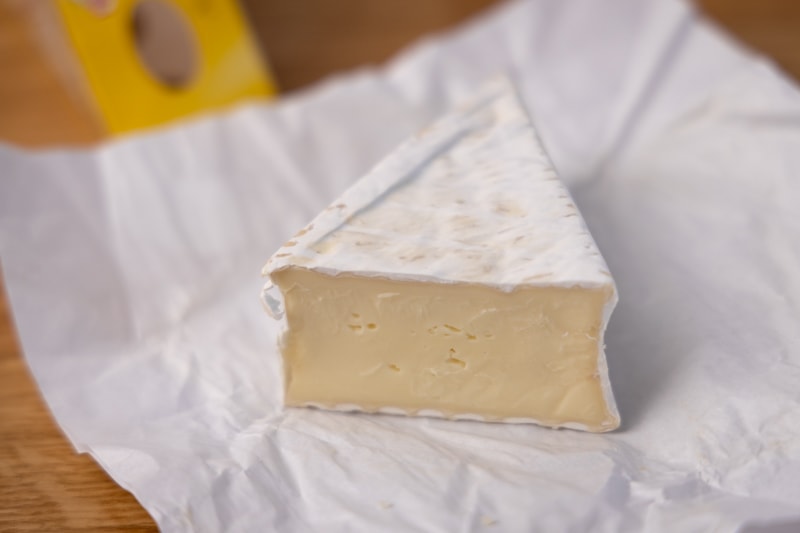
Does Brie Go Bad?
Brie, like all types of cheese, goes bad at some point. It has a shelf life of several weeks, and its taste becomes sharper over time. At some point, usually after a couple of weeks past its date, it’ll be quite pungent, and that’s when you discard it.
Of course, flavor change isn’t the only way brie can go bad. There are a couple of other spoilage signs that I cover in the spoilage section below.
But for now, let’s talk about storage time.
How Long Does Brie Cheese Last?
Brie typically keeps good quality for at least a couple of days beyond the printed date, no matter if it’s unopened or open.
It still ripens while in the fridge, so you should expect its taste to change slightly over time. And if it gets to a point where its flavor is too sharp, it’s time to let it go.
That’s the gist of it.
Now, let’s talk briefly about the production process because it’s important to the shelf life of this soft cheese.
White-mold cheeses take about 6 to 8 weeks to mature. They mature in a controlled environment for the first month or so to ensure the mold sets in properly.
Then the cheese is packaged and goes to your local grocer and ends up in the refrigerated section.
The cheese comes with a best-by (or use-by, or sell-by) date, but unlike almost all other food products, eating it as soon as you buy it isn’t optimal. On the contrary, many producers recommend enjoying it near the date on the label for peak quality.
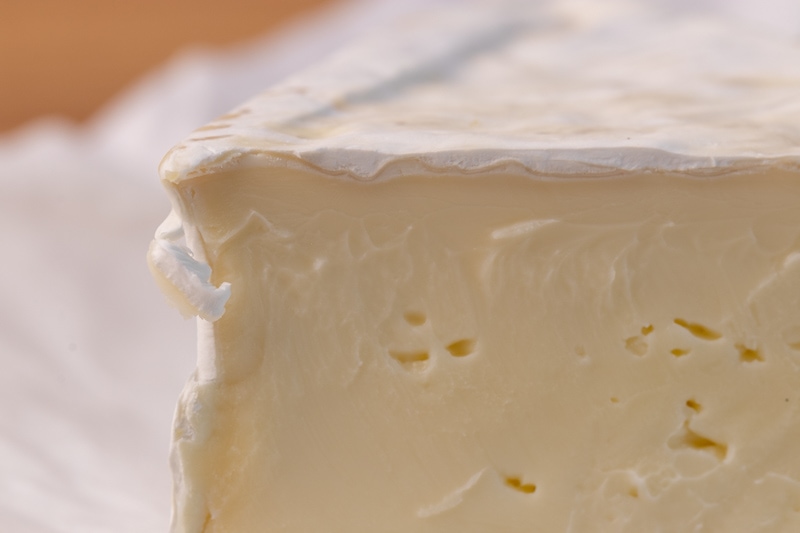
Remember that brie needs about 6 to 8 weeks to mature? Once it gets to the shelf, it usually still has about 2 to 3 weeks to ripen fully.
Of course, there’s nothing wrong with eating it right away. You just need to be aware that the taste and texture of brie change over time.
That also means that the cheese won’t spoil right after the date on the label, but all the processes happening inside it will continue.
In other words, the cheese should still be tasty a week past that date. But sooner or later, you’ll end up with overripe brie that doesn’t satisfy your palate.
Once again, there is little difference between an unopened and open brie regarding shelf life. An unopened wedge will continue ripening the same way an open one does.
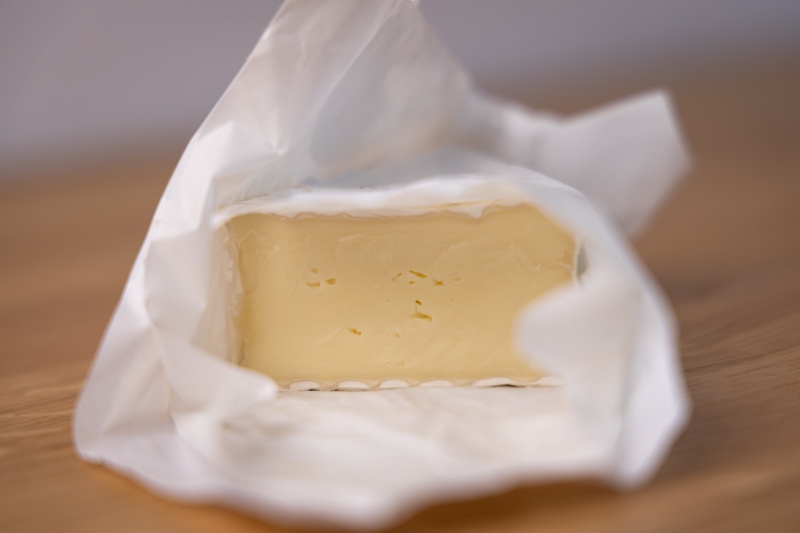
How to Tell if Brie Is Bad?
Brie is bad when there are dark, discolored spots or mold that’s not native to the cheese present, its color has darkened, or if it smells off.
If none of these are present, you can sample a small piece to learn if the flavor is still acceptable. If it’s too sharp, discard the cheese.
Start by looking for any signs of mold that’s not native to white-mold cheeses. That means any green or blue spores on the surface. If there are any, discard the cheese.
Given that the surface is okay, cut a slice and judge its quality. If it’s dark instead of creamy, smells off, or the texture is altered, throw it out.
Please remember that brie cheese continues to mature the whole time you store it. So while after two or three weeks past the date on the label it might still be perfectly safe to eat, the taste likely won’t be anywhere near acceptable.
If the taste isn’t good enough, cut your losses and throw it out.
Don’t expect old brie to go sour as cottage cheese or ricotta do.
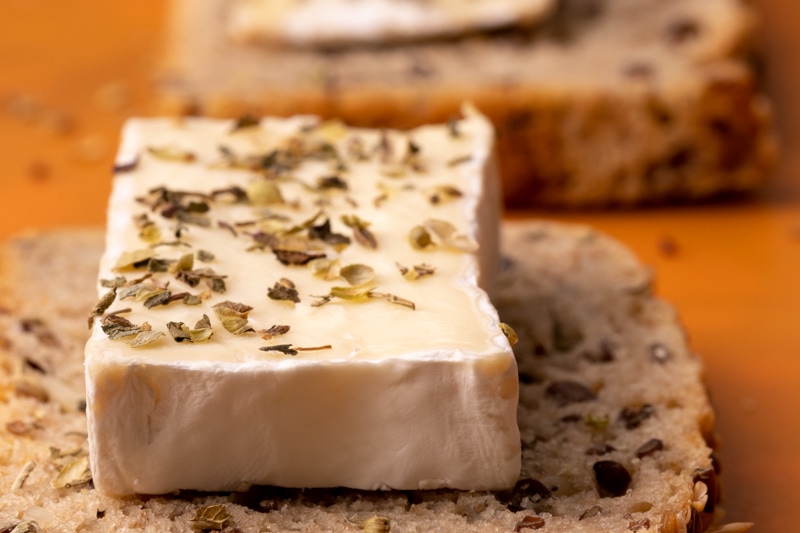
How To Store Brie Cheese
You should refrigerate brie and keep it well wrapped after opening the package for the first time. Furthermore, keep it away from any strong odors and other moldy cheese like blue cheese.
If you need to store it for a longer period, freezing brie is also an option.
Like other cheese varieties, like feta or blue cheese, you should store brie in the fridge. As long as it’s unopened, its original packaging is perfectly fine.
Once you open the wrapped wedge, the most important thing to remember is to keep leftover brie well wrapped.
A good wrap keeps the air and strong odors from the fridge out and the moisture in. It also prevents mold spores from spreading throughout the refrigerator and contaminating other food.
When it comes to how you should wrap the leftover cheese, usually you can just use the original wrap (like you can see in my photos).
If you can’t use the original wrap, go for cheese wrap or wax paper.
Last but not least, brie is best served at room temperature. Thus it’s usually a good idea to take it out of the fridge about half an hour before serving.
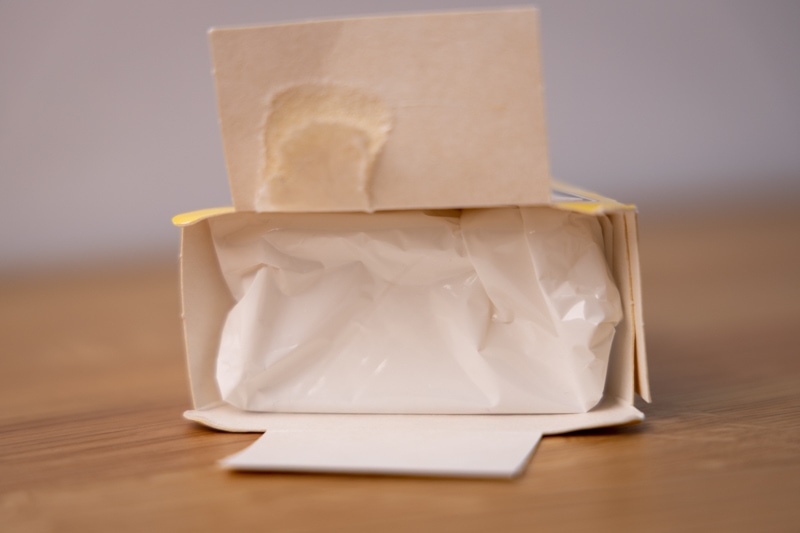
Want to learn more about cheese in general?
Check out our guide:
Rotten Records: Share Your Snap!
Caught some food past its prime? Upload your photo to “Rotten Records” and help others spot the signs of spoilage. Every image makes our food community safer and more informed!

